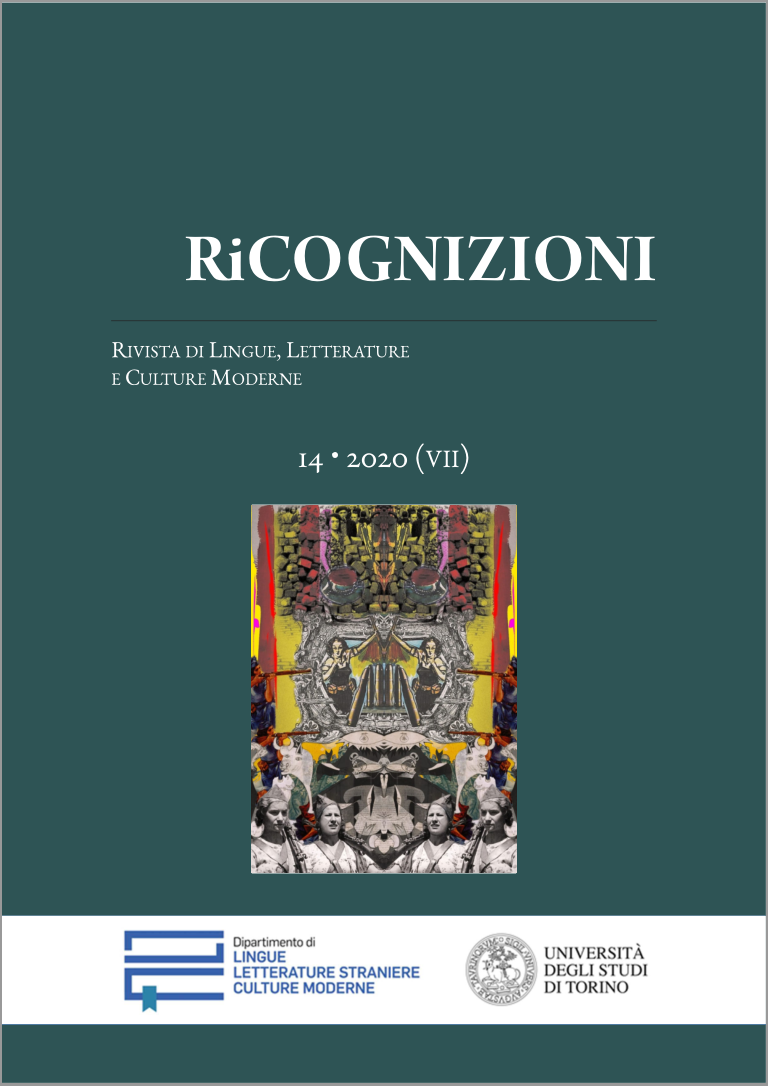Un grito contra el silencio. Lenguaje del trauma y posmemoria en "La voz dormida" de Dulce Chacón
DOI:
https://doi.org/10.13135/2384-8987/4882Abstract
The voice of Republican women, defeated protagonists of the Civil War and brutally
repressed victims of the post-war period, has been silenced for a long time. It is only at the beginning
of the 21st century that, thanks to the work of historians and the urgent demands from the Spanish so-
ciety to retrieve its heritage, their valuable testimony came to light. It was in that broad context of
historical memory recovery that is also framed the new literary phenomenon of the war novel and es-
pecially the narration of the events written and played by women as protagonists. The Extremaduran
writer Dulce Chacón (1954-2003) inaugurated this trend in 2002 with her novel La voz dormida, nar-
rating the experiences of a group of women who were detained in Franco’s post-war prisons. Due to
her attentive research work and her documentary approach, La voz dormida can be considered a post-
memory novel, that is, a novel of inherited and late memory in which the language of trauma is me-
diated by the generational distance and by the very essence of vicarious writing.
##submission.downloads##
Pubblicato
Come citare
Fascicolo
Sezione
Licenza
Gli autori che pubblicano su questa rivista accettano le seguenti condizioni:- Gli autori mantengono i diritti sulla loro opera e cedono alla rivista il diritto di prima pubblicazione dell'opera, contemporaneamente licenziata sotto una Licenza Creative Commons - Attribuzione che permette ad altri di condividere l'opera indicando la paternità intellettuale e la prima pubblicazione su questa rivista.
- Gli autori possono aderire ad altri accordi di licenza non esclusiva per la distribuzione della versione dell'opera pubblicata (es. depositarla in un archivio istituzionale o pubblicarla in una monografia), a patto di indicare che la prima pubblicazione è avvenuta su questa rivista.
- Gli autori possono diffondere la loro opera online (es. in repository istituzionali o nel loro sito web) prima e durante il processo di submission, poiché può portare a scambi produttivi e aumentare le citazioni dell'opera pubblicata (Vedi The Effect of Open Access).








